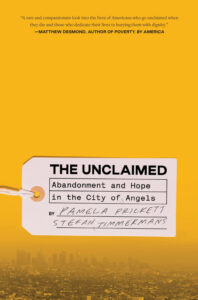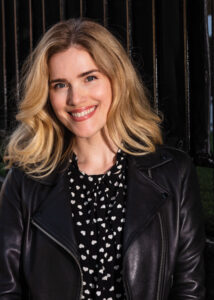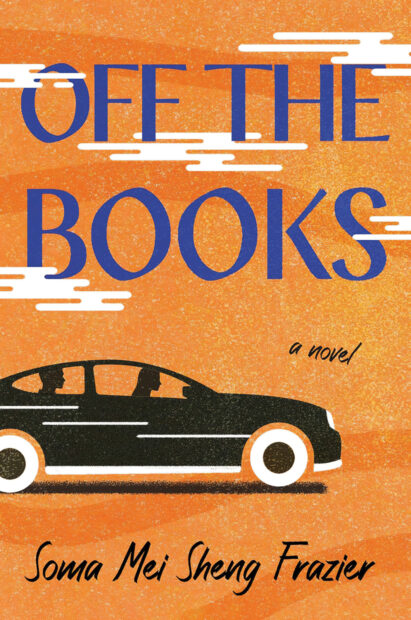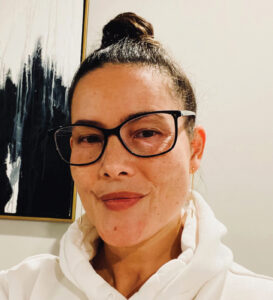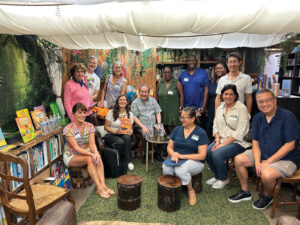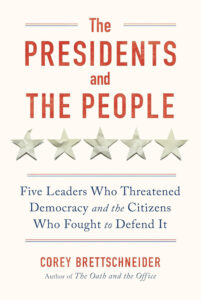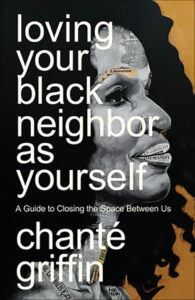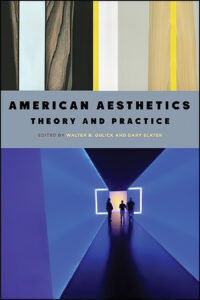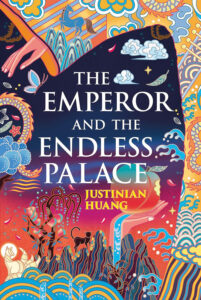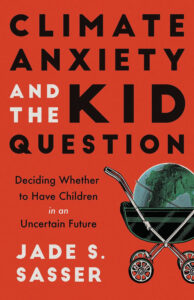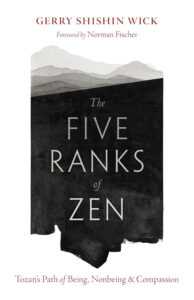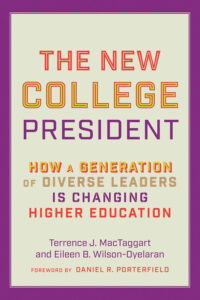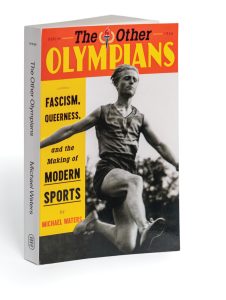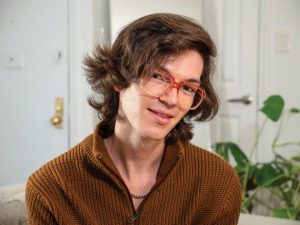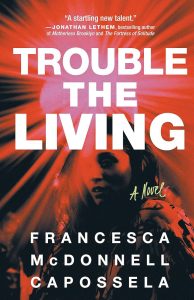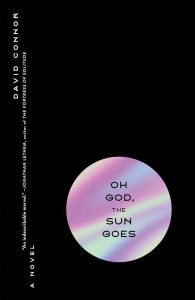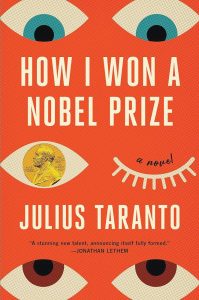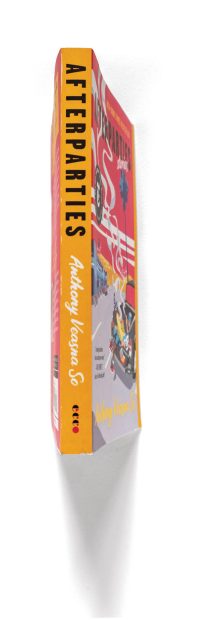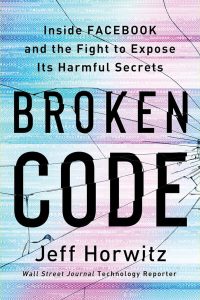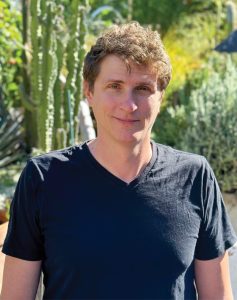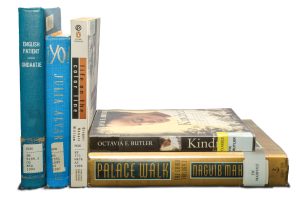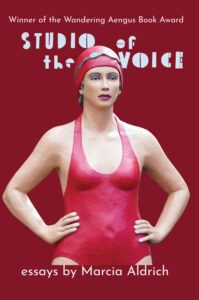 I am lying awake in an unfamiliar bed, thinking about success. It is not a king- or queen-size bed, but a double, shared with my husband in a 400-square-foot cottage that I call The Hut. I am lying here, thinking about success, because I have left my home and driven across the country to take up a semester’s residence as the Mary Routt Chair in Writing at Scripps College. It is the bottom hour of the night, and ahead of me lies the long ascent of time toward morning.
I am lying awake in an unfamiliar bed, thinking about success. It is not a king- or queen-size bed, but a double, shared with my husband in a 400-square-foot cottage that I call The Hut. I am lying here, thinking about success, because I have left my home and driven across the country to take up a semester’s residence as the Mary Routt Chair in Writing at Scripps College. It is the bottom hour of the night, and ahead of me lies the long ascent of time toward morning.
The Hut sits a few blocks north of Pomona, where decades ago I was an undergraduate. Much has changed in Claremont, yet much remains the same. Old halls have been torn down, replaced by modern structures, yet the streets still carry the thick smell of eucalyptus. Once I earned my degree I moved on to a working life, to commutes on subway and bus, to corporate work and housecleaning, to graduate school, marriage and children, teaching and writing. I didn’t envision coming back. And yet this return has felt necessary, even preordained, as if the time for a reckoning has come.
By many measures my return is a sign of success. I have done enough of what I set out to do—be a writer and a professor—to warrant selection to this named position. But I do not feel triumphant. No wreath of bay circles my crown. Just the opposite: I feel as if I’m lying on a bed of nails. Wandering the old campus gardens and courtyards, I meet my younger self, who doesn’t give me a congratulatory wave, passing by on her way to an important appointment. Instead she sits down beside me on the bench under the wisteria and stares into my face, assessing what I have become. Her eyes darken with disappointment. She finds me wanting. What happened? she asks. I thought you would amount to so much more. I thought there would be so much more of you. It isn’t enough, she says.
How slender she is, yet filled with expectation! Could I ever have been so young and fierce and yet so innocent? How her eyes brim with yearning! She’s sure she’s going to do something great with her life; no obstacle will derail her. Little angel, I say, what did you expect of me, and why are you so disappointed?
It is not enough to be a success—there’s always someone more successful. I rarely compare myself to someone who has achieved less. I notice the person ahead of me, not the person behind. I’m focused on the one who won the prize and forget about the people who were passed over. I ask myself how many among us are where we want to be, who we want to be—as if I could argue my way out of the night. There’s always somewhere we want to get, something more we need to accomplish, something to fix. Such dissatisfaction is good, keeps us moving forward. But too much self-criticism can mist our compass, make us lose our bearings. When will the tallying end, this measuring of myself against every other, this measuring myself against myself, this feeling of finding myself wanting?
I’m not sure when it hit me forcefully that I was flawed, essentially flawed, and no regimen of self-improvement would change that, but I’m sure my mother had something to do with it. She did a good job convincing me I was doomed to disappoint, that everything about me required renovation, though back in high school I didn’t realize that I would disappoint myself more than anyone else. I considered having a T-shirt made that said I am a deeply disappointing person because I felt a duty to warn people, to push them away in case they didn’t see my flaws and became attached to me. Any success took me by surprise and seemed a mistake. I waited for the correction to follow—I’d be stripped of the part in the play, the teacher would recalculate my A, the SATs would be rescored, the boy would come to his senses and dump me, the college acceptance revoked. Nothing seemed too small to worry about. I envisioned a grand tribunal sitting in golden chairs in the night sky, glaring down through my windows and judging me. The tribunal was made up of ancient women with white hair falling past their shoulders to their knees, who would ask in hushed voices: What did you do today? What do you plan on doing tomorrow? Will it be enough?
Enough. A word like a high mountain I can’t cross to see what’s on the other side—perchance a valley of milk and honey where every woman has plenty of what she needs and what she wants and knows she has reached her paradise. She’s satisfied—she doesn’t hanker after what hasn’t been done. Enough. What’s enough for me may not be enough for you. I may have wanted to tell my mother and a whole line of mother substitutes that I’d done enough, but I didn’t because I knew my mother would say, No, you haven’t and I wasn’t sure that she wasn’t right.
Enough can’t be precisely measured, precisely stated because it’s part of an emotional economy. One has to guess, make an estimate. How many hours of work is enough to consider myself productive? How much love is enough to feel loved? How many kisses are enough to feel kissed? How much money is enough to feel secure? Whatever scheme of measurement used, the evidence suggests it is the rare woman who has enough of anything, who doesn’t want more money, more love, more time, more kisses. And in my world it is the rare woman who doesn’t taunt herself because she hasn’t accomplished enough, who isn’t lying awake at night making yet another tally.
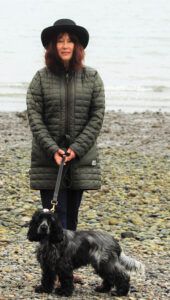
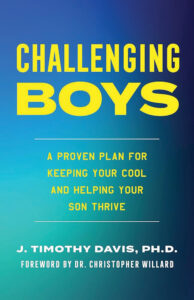 Challenging Boys
Challenging Boys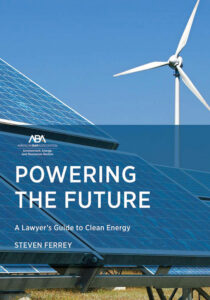 This pragmatic guide written by Steven Ferrey ’72 helps legal practitioners navigate the nuanced dynamics involved in shifting policy around renewable energy.
This pragmatic guide written by Steven Ferrey ’72 helps legal practitioners navigate the nuanced dynamics involved in shifting policy around renewable energy.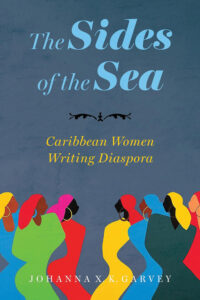 The Sides of the Sea
The Sides of the Sea Intoxicating Pleasures
Intoxicating Pleasures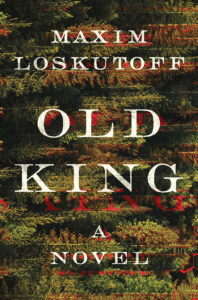 Old King
Old King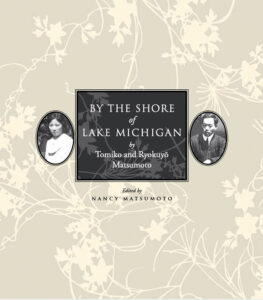 By the Shore of Lake Michigan
By the Shore of Lake Michigan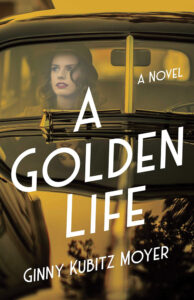 A Golden Life
A Golden Life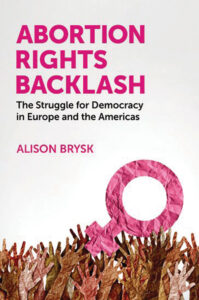 Abortion Rights Backlash
Abortion Rights Backlash